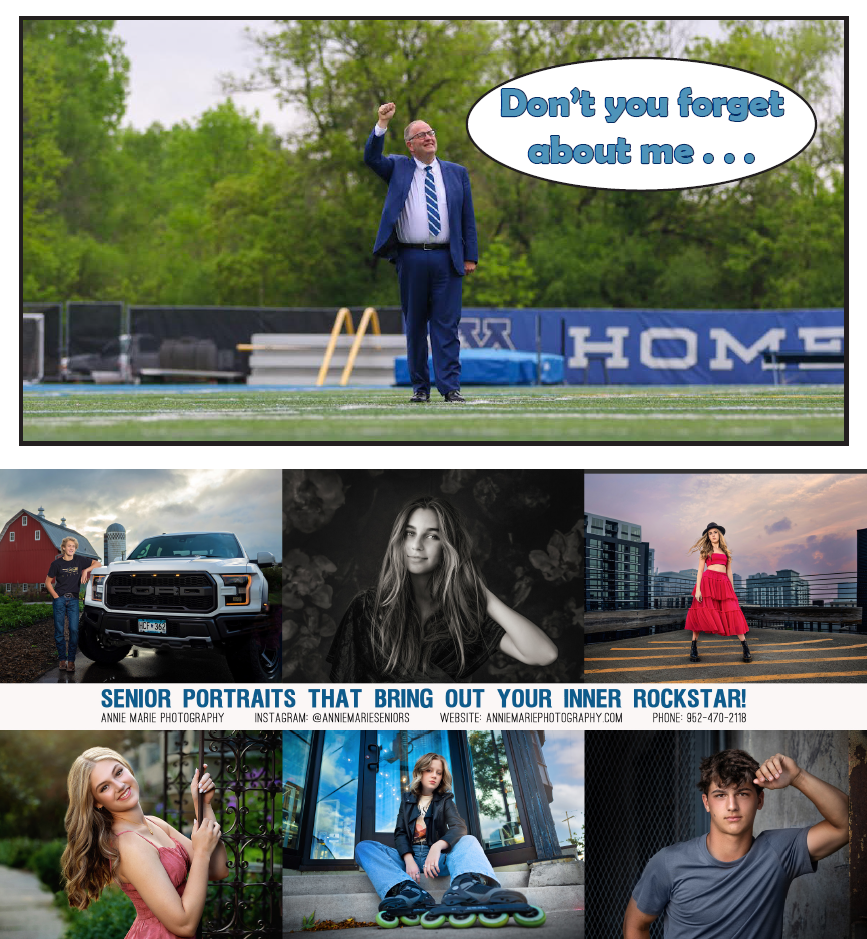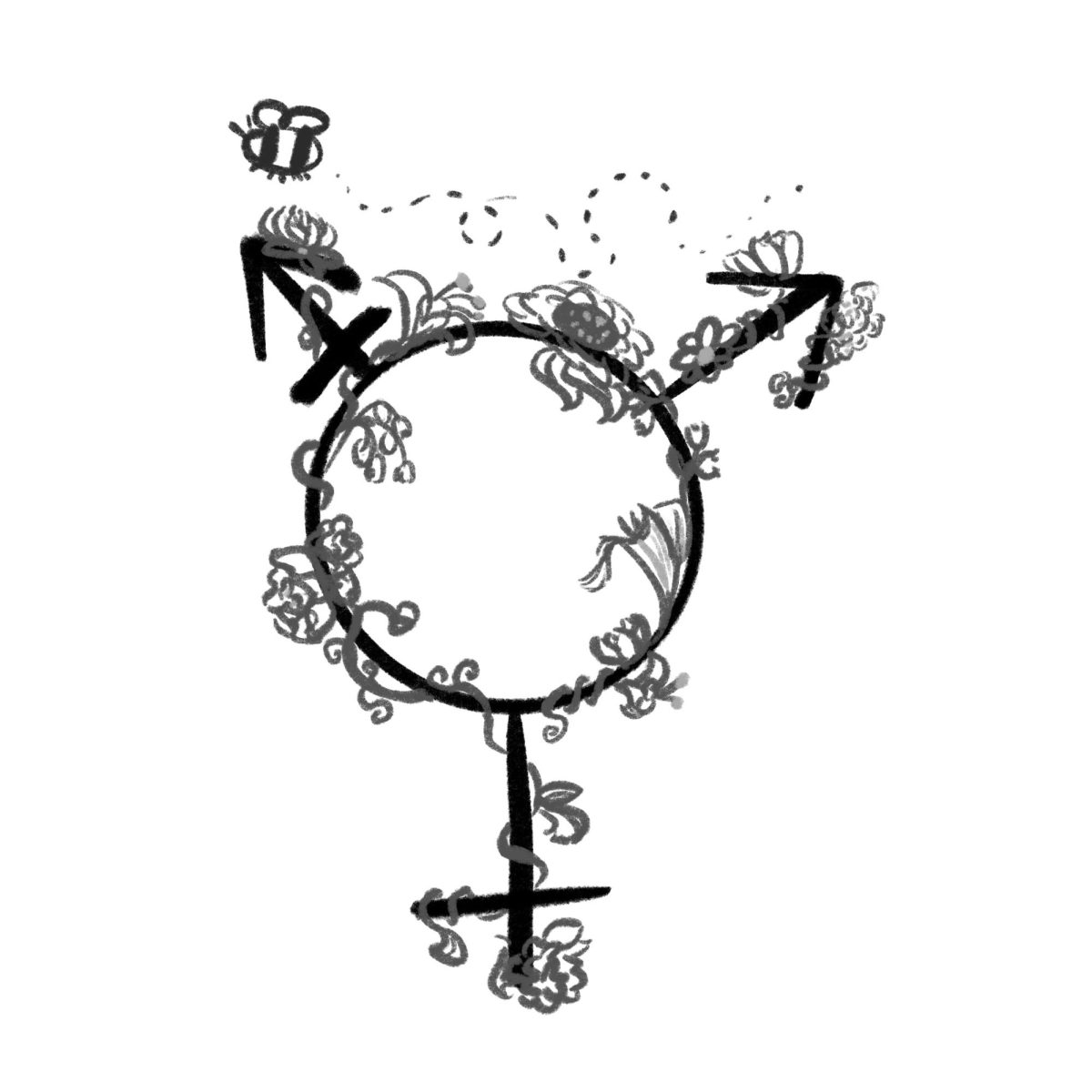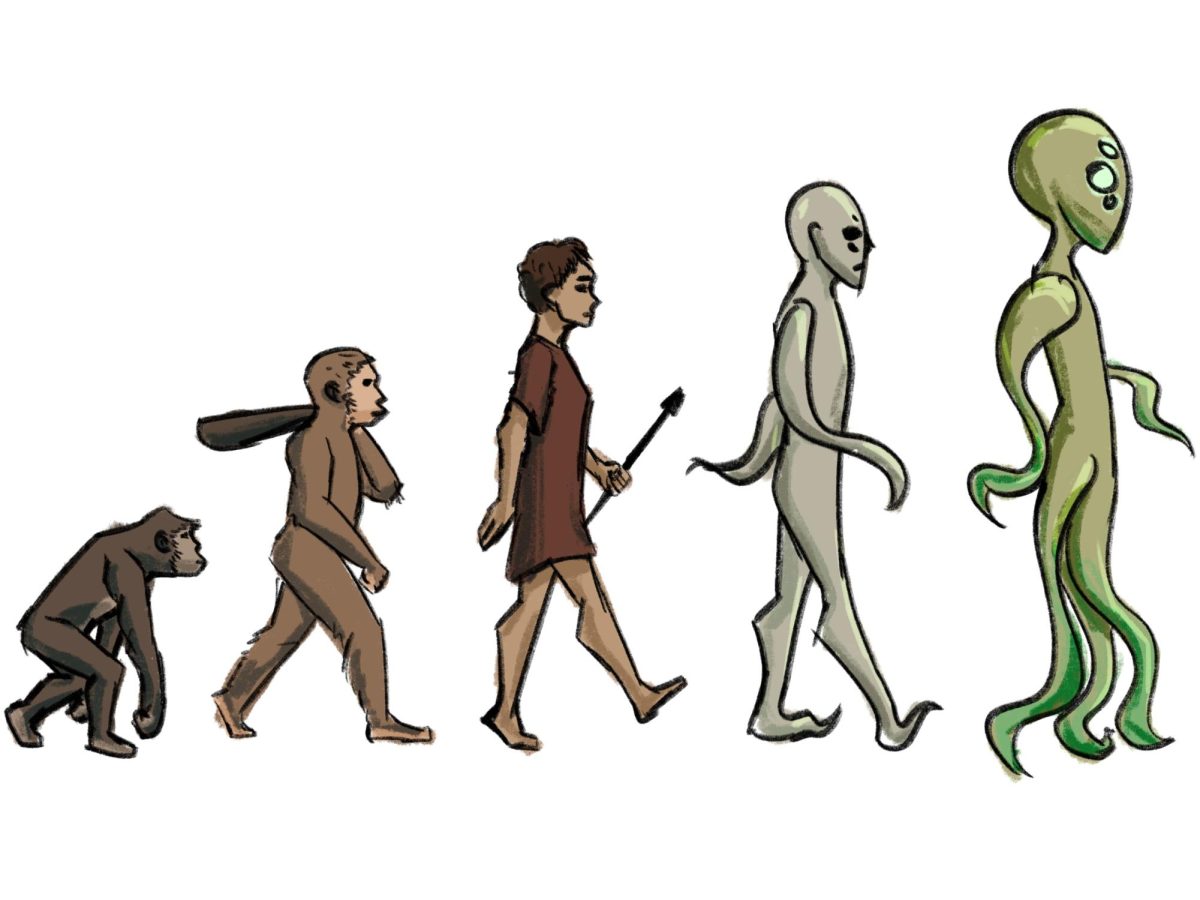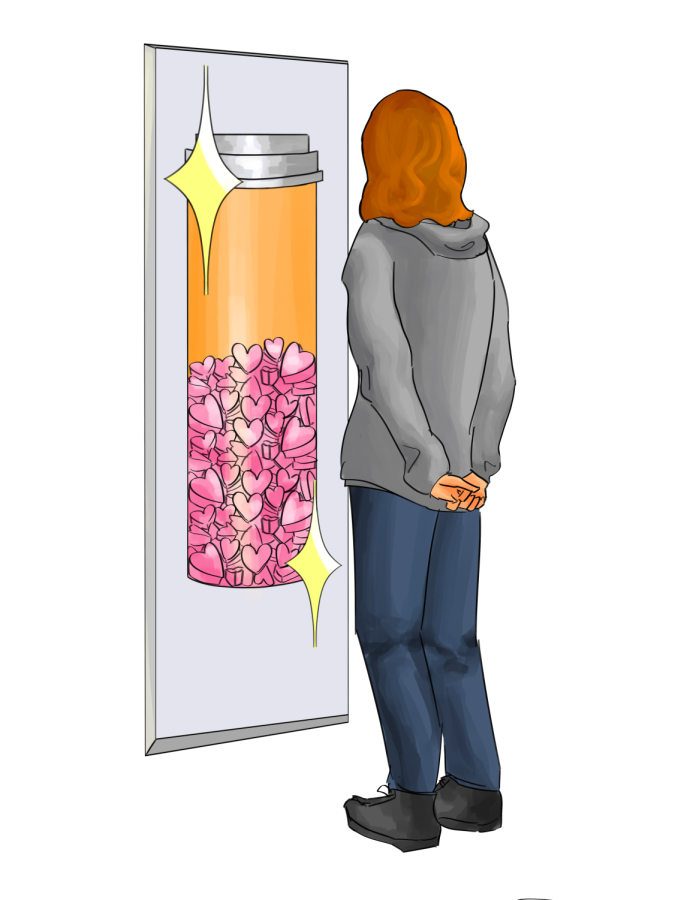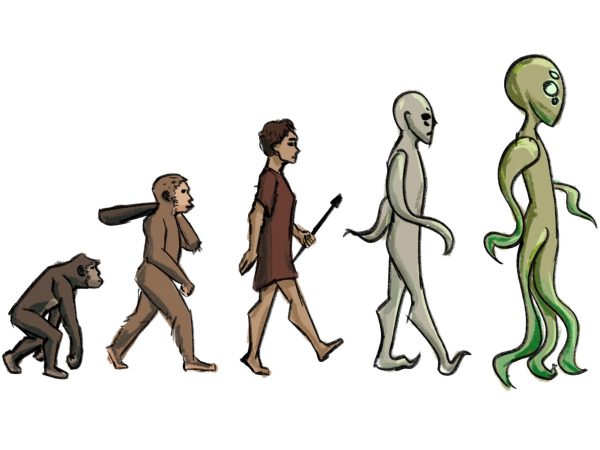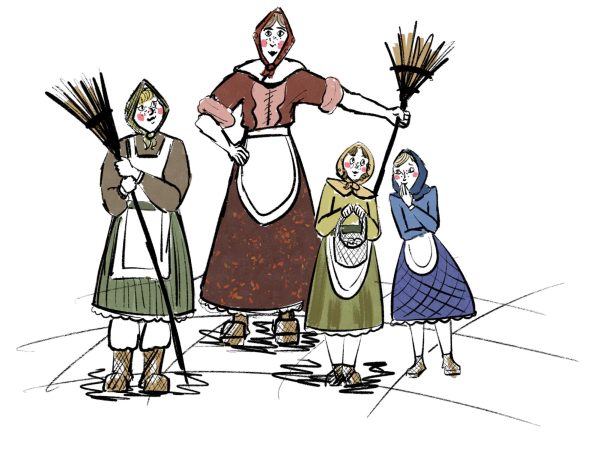Romanticizing Life; To What Extent?
May 5, 2023
Mental illness has become undoubtedly one of the most talked about matters in society. While normalizing and accepting mental illnesses in the media holds great value, it has also led to a slow but sure glamorization, harming those already struggling, causesing false representation and a rise in an unhealthy self-diagnose system. Social media has become a pivotal point in today’s daily life for not only teens but adults as well. As one spends more time scrolling and catching a glimpse of hundreds of different people’s lives, in which many of those people may not be spreading accurate information on specific topics, including mental illness.
“These ideal snippets of life can turn into a baseline that changes the way we view others and consequently ourselves, seeing that we are lacking and not enough,” said Kaden Squires, ‘23, on the topic of social media’s effect on mental wellbeing.
One significant issue that the media has had toward mental health is its glorification, and influencers or film directors adding unrealistic and desir-able factors onto actual diseases. The desirable component has led to healthy people either wanting or faking a mental illness could, then resulting in a domino effect of invalidating those who are clinically diagnosed.
“Generally, it is not problematic until it turns to misrepresent the very nature of the mental illness mentioned, especially when they are used for self-gain or praise,” said Squires when asked about specific examples of idealization. “For example, I have seen people talk about how they are ‘so OCD’ about something to refer to a need for perfection. This is fine on its own, but can easily be turned to minimize obsessive compulsive disorder to just a ‘perfection tick’ versus as being a confusing and distressing mental illness that with patience, self understanding, and care can be effectively managed while living a full and healthy life.”
A sad reality of relevance consists of the popular spread of trends which center around certain shows or movies concerning mental health, and turning them into aesthetics. Girl Interrupted or The Virgin Suicides are two movies which follow extremely mentally ill teenage girls, who in prospect no one would envy. Yet, through the edits and idealizing the characters, young girls become drawn to the storylines wishing they could relate. An admired phrase named ‘Girl Interrupted Syndrome’ is of the many trending hashtags for people to exhibited their own mental problems in comparison to a movie character whom were suicidal.
These trends not only are glorifying illnesses like depression and bipolar disorder, and adding alluring aspects to them, but undermining those who are suffering.
Many shows and people’s portrayal of mental illnesses include false representation and indulging in stereotypes. A movie which not long ago released to netflix named, To The Bone, added to the stereotype that people who struggle with eating disorders are only valid if they are considered medically underweight. Yet, less than 6% of the actual population of those with eating disorders are.
When asked what their solutions to the romanticization issue could be, Squires explained, “Ultimately, I think that we as social media users should try to be aware of the mental health struggles that individuals face without categorization. We shouldn’t fear to talk about struggles we face, especially since communication can help lead to greater understanding of our mental and emotional challenges. However, we should be thoughtful when making large swooping claims about the nature of a mental illness, especially as the experiences can vary between people. The best one can do is be courteous of avoiding generalizations about others and mental illnesses as a whole, while simultaneously being understanding of themselves and whatever place they find their mental health to be at.”
As more people on social media use their slight worry or sadness to compare to anxiety or depression, the more healthy people believe they are actually sick, and the more connected they become to glamorized posting, ultimately worsening the already bad issues at hand.



